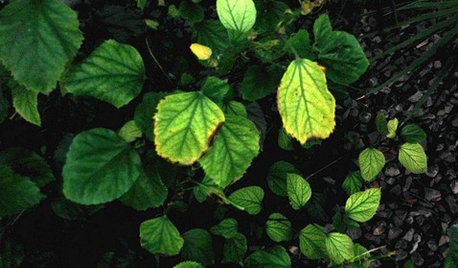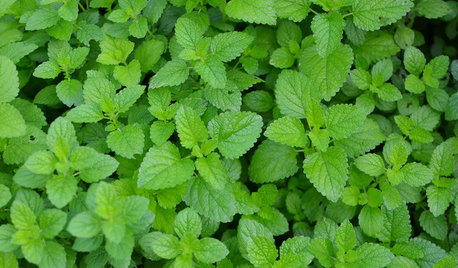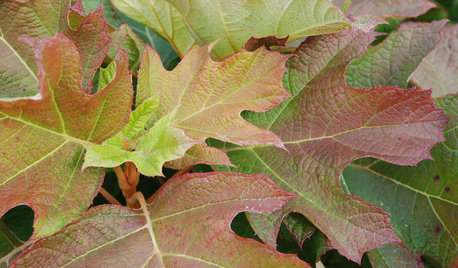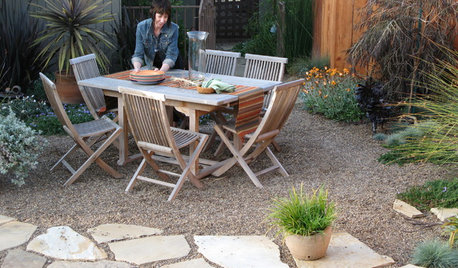trouble figuring out fertilizers and ailments
newfoundpassion
10 years ago
Related Stories

GARDENING GUIDESHow to Keep Your Citrus Trees Well Fed and Healthy
Ripe for some citrus fertilizer know-how? This mini guide will help your lemon, orange and grapefruit trees flourish
Full Story
HOUSEKEEPINGGet It Done: Clean Out the Linen Closet
Organized bliss for your bedroom sheets and bathroom towels is just a few hours away
Full Story
GARDENING GUIDESWhat's Wrong With My Plant? Leaves Often Hold the Clues
Learn how to identify common plant ailments by reading their leaves
Full Story
GARDENING GUIDESNew Ways to Think About All That Mulch in the Garden
Before you go making a mountain out of a mulch hill, learn the facts about what your plants and soil really want
Full Story
HEALTHY HOMEGet Cleaner Indoor Air Without Opening a Window
Mechanical ventilation can actually be better for your home than the natural kind. Find out the whys and hows here
Full Story
GARDENING GUIDESHerb Garden Essentials: Grow Your Own Delicious Mint
Pull out a pot for this one. Mint's spreading habit and hard-to-kill nature can be a blessing — if you're properly prepared
Full Story
GARDENING GUIDESNortheast Gardener's November Checklist
Let titian foliage and berries, silky milkweed, late-blooming asters and more lure you out into the autumn garden
Full Story
EARTH DAYThe Case for Losing the Traditional Lawn
Work less, help the environment and foster connections by just saying no to typical turf
Full Story
LANDSCAPE DESIGN15 Great Ideas for a Lawn-Free Yard
End the turf war for good with hardscaping, native grasses and ground covers that save water and are easier to maintain
Full Story
HOUSEPLANTSHow to Grow Orchids Indoors
Orchids are the exotic aristocrats of the flower world and can make themselves comfortable in almost any home
Full StorySponsored






brandon7 TN_zone7
brandon7 TN_zone7
Related Professionals
Salem Landscape Architects & Landscape Designers · Tempe Landscape Contractors · Beachwood Landscape Contractors · Cambridge Landscape Contractors · Hannibal Landscape Contractors · Harvey Landscape Contractors · Little Ferry Landscape Contractors · Vermilion Landscape Contractors · Shenandoah Landscape Contractors · Lockhart Solar Energy Systems · Quincy Solar Energy Systems · Portage Roofing & Gutters · Fort Lee Roofing & Gutters · Hinsdale Roofing & Gutters · Westchester Roofing & Gutters